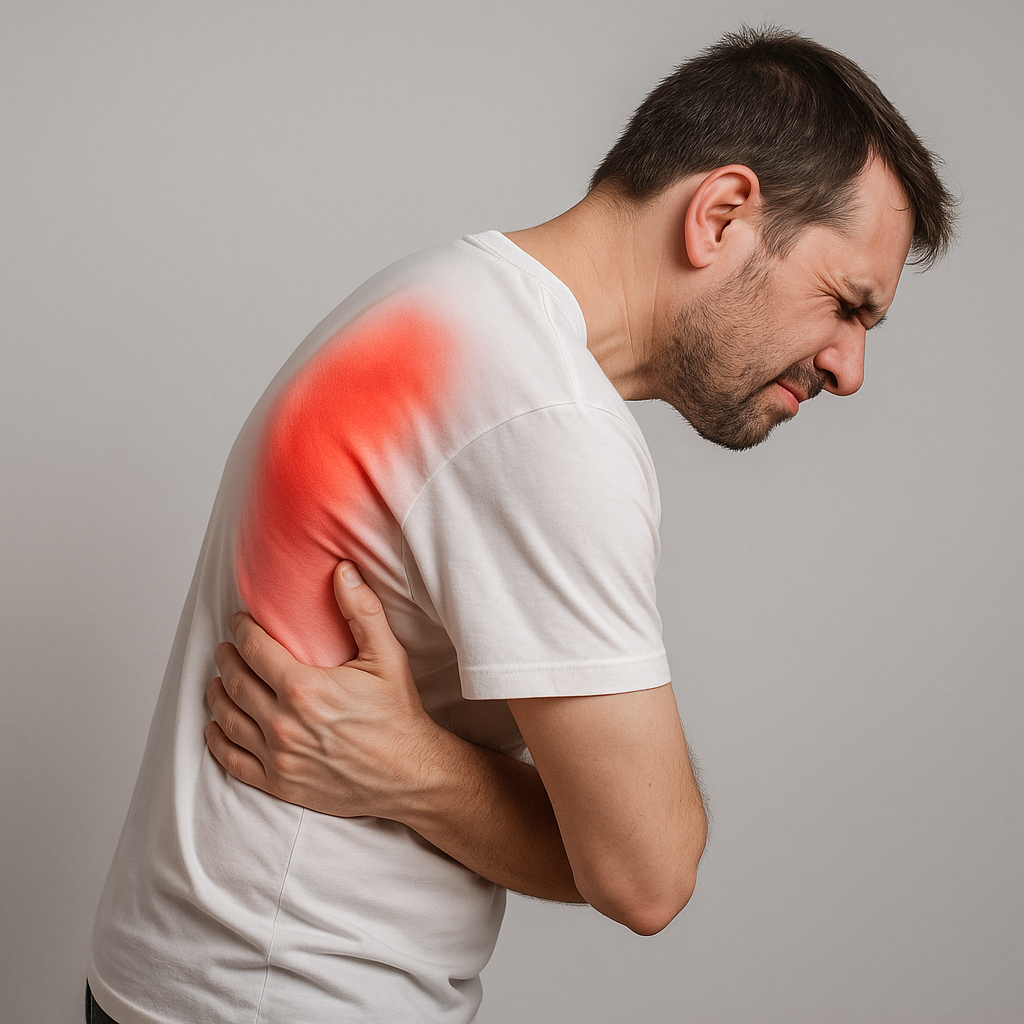Kyphosis Treatment
Kyphosis is a spinal condition characterized by an exaggerated outward curvature of the upper back, often leading to a noticeable hump-like appearance, commonly referred to as a “hunchback.”

Symptoms of Kyphosis
Kyphosis refers to an excessive forward curvature of the upper spine and presents in three main types:
Postural Kyphosis
The most common form, typically resulting from poor posture over extended periods.
It does not involve structural abnormalities in the spine.
Individuals can usually correct their posture voluntarily.
Scheuermann’s Kyphosis
This type involves structural deformities of the vertebrae.
Most commonly appears between ages 12 and 14.
Unlike postural kyphosis, patients cannot correct the curve by standing upright.
Congenital Kyphosis
A result of abnormal spinal development before birth.
May worsen over time and often requires surgical correction.
Common Symptoms
Back pain, especially in the upper spine
Muscle fatigue and back stiffness
Symptoms may be stable in mild cases, but in severe or progressive kyphosis, patients may experience:
Increasing spinal curvature (visible hunchback)
Neurological symptoms (e.g., numbness, weakness, or bladder/bowel dysfunction) in rare cases
Chest pain or shortness of breath due to reduced thoracic space
In advanced stages, potential cardiac or respiratory complications
PMC Diagnosis of Kyphosis
At PMC Orthopedic Spine Centers, diagnosis begins with:
A thorough medical history
Detailed physical examination
3D spinal X-rays to assess the degree and type of curvature
This comprehensive approach ensures a personalized treatment plan based on the exact cause and severity of the kyphosis.
PMC Treatment for Kyphosis
Postural Kyphosis:
Patients are reassured, as this type rarely progresses.
Education and training on maintaining proper posture and spinal alignment are emphasized.
Scheuermann’s Kyphosis and Symptomatic Cases:
PMC spinal realignment therapy is combined with a targeted physical rehabilitation program that includes:
Core muscle strengthening
Aerobic exercises
Flexibility training
The goal is to reduce pain, improve posture, and enhance spinal stability.
While PMC therapy can significantly alleviate symptoms and support spinal health, it may not alter spinal structure in advanced cases.
Congenital or Severe Scheuermann’s Kyphosis:
If conservative treatment shows limited improvement, surgical intervention may be recommended to correct structural deformities and prevent further complications.
